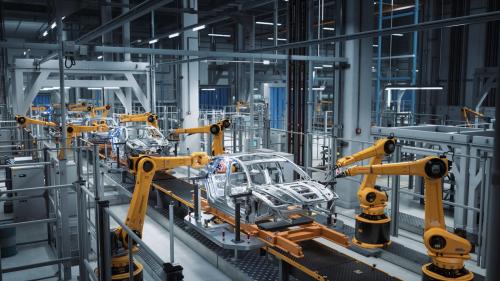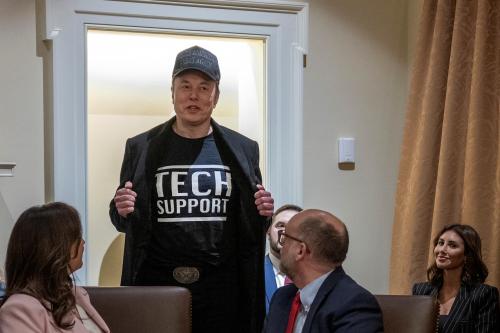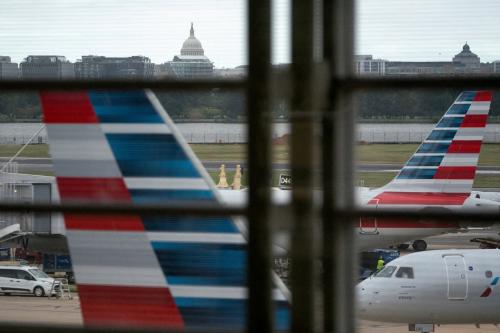As the New Deal took shape, Franklin Roosevelt was accused of undermining capitalism. His response was that he was saving capitalism, not least from itself. And he turned out to be right. Today, in the midst of another economic crisis, cries of “socialism” once again abound. There is every reason to believe that these charges, too, will prove to be overwrought. Even if all of Barack’s Obama’s proposals were adopted, the United States would remain a capitalist country.
Let’s be clear what we mean. Roughly speaking, capitalism implies that markets and market transactions are the principal drivers of economic activity. But this activity takes place within a system of public rules that define property, transactions, and everything else that gives shape to markets. And these rules must be enforced through public power. As we have seen recently, when the rules are inadequate, ill-conceived, or poorly enforced, markets malfunction badly,causing great damage. Regulatory institutions are not antithetical, but rather essential to a well-functioning modern capitalist system.
Experiences teaches, moreover that public institutions other than regulators enhance modern capitalism. For example, after a series of financial panics in the late 19th and early 20th centuries, government and business leaders agreed that a decentralized financial and banking system could not direct monetary policy effectively. The result was the establishment of the Federal Reserve Board, which influences interest rates and the supply of capital, tries to limit the severity of the business cycle, seeks to preserve the dollar as a reasonably stable store of value.
Capitalism also implies that agents other than the state are the principal owners of the means of production and other sources of wealth. To the extent that governments own energy resources or control banks, for example, their economies are a blend of capitalism and other systems. But it makes a difference whether government ownership is temporary or permanent. During the banking crisis of the 1930s, and again in the savings and loan crisis of the 1980s, the government took control of failed or failing institutions for a time, shutting some of them down and returning others to private hands. Temporary state control of private institutions during emergencies does not transform a capitalist economy into something else.
Even the staunchest defenders of markets acknowledge that there are some goods that markets do not supply, at least in adequate quantities. For example, a modern economy depends on an educated and trained workforce, which the private sector will not produce. The reason is simple: if a firm invests in training workers, it cannot be sure that another firm will not hire those workers and get the advantage of their skills without paying for them. Government finances education and training because it must, not because it wants to control these activities. Again, there is no contradiction between capitalism and the public provision or subsidy of public goods.
Nor, finally, is there a contradiction between capitalism and measures to assure that workers receive a wage adequate to support their families and to maintain the purchasing power on which a sustainable market economy depends. For example, Republicans and Democrats alike have long favored the Earned Income Tax Credit, which uses the tax system to subsidize low-wage work.
These are old debates, which many of us thought had been resolved during the New Deal. The fact that they are being revived today testifies both to the gravity of our economic ills and to the persistence of longstanding misconceptions—rooted in doctrine rather than observation—about how modern market economies actually work.
The Brookings Institution is committed to quality, independence, and impact.
We are supported by a diverse array of funders. In line with our values and policies, each Brookings publication represents the sole views of its author(s).



Commentary
Op-edThe U.S. is Still a Capitalist Country
March 11, 2009